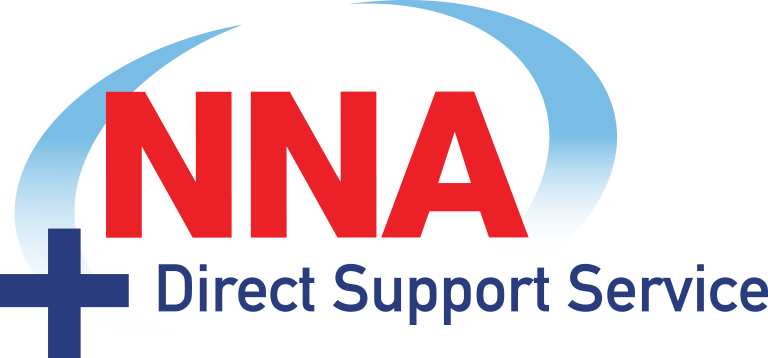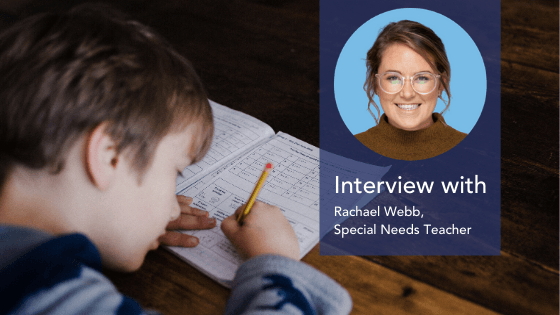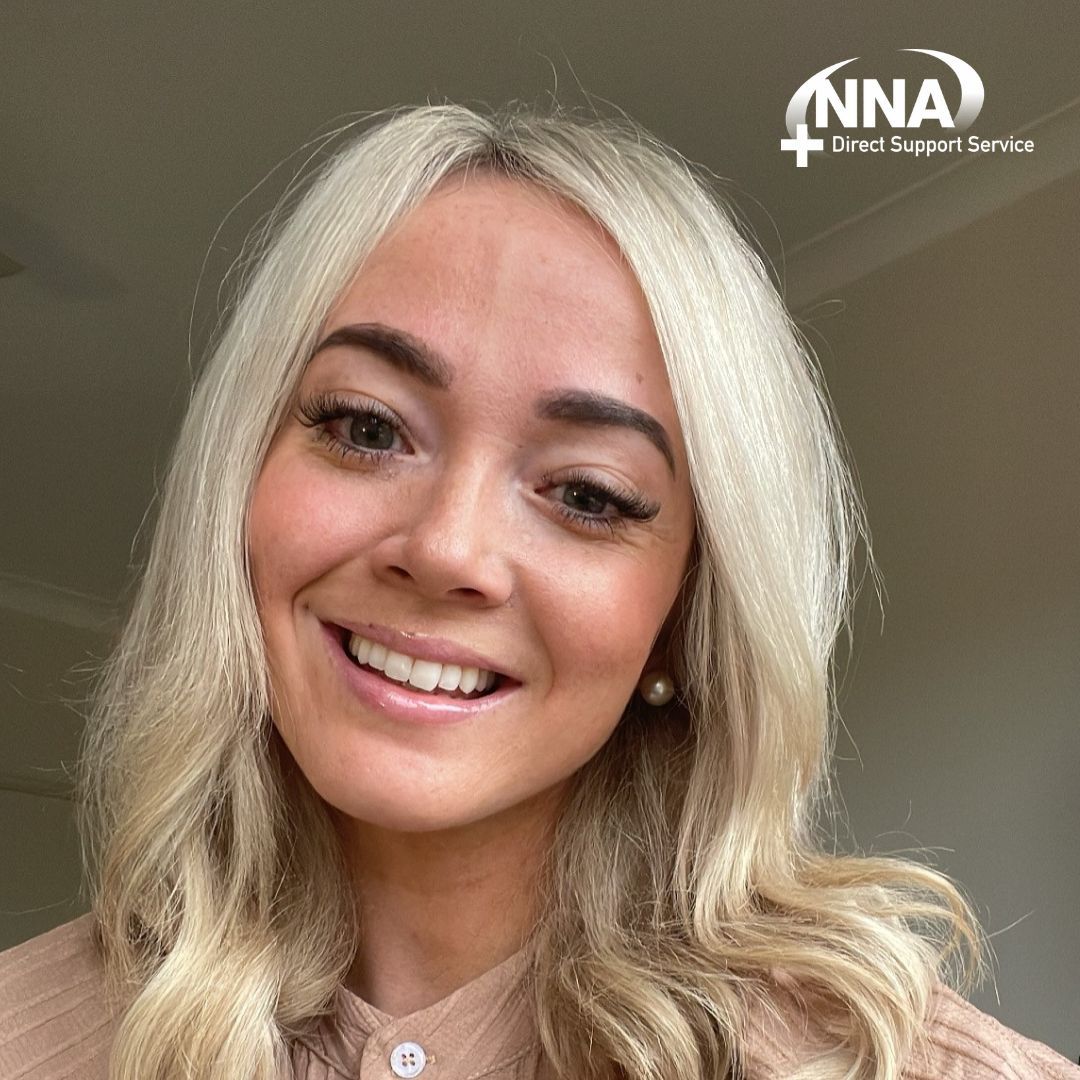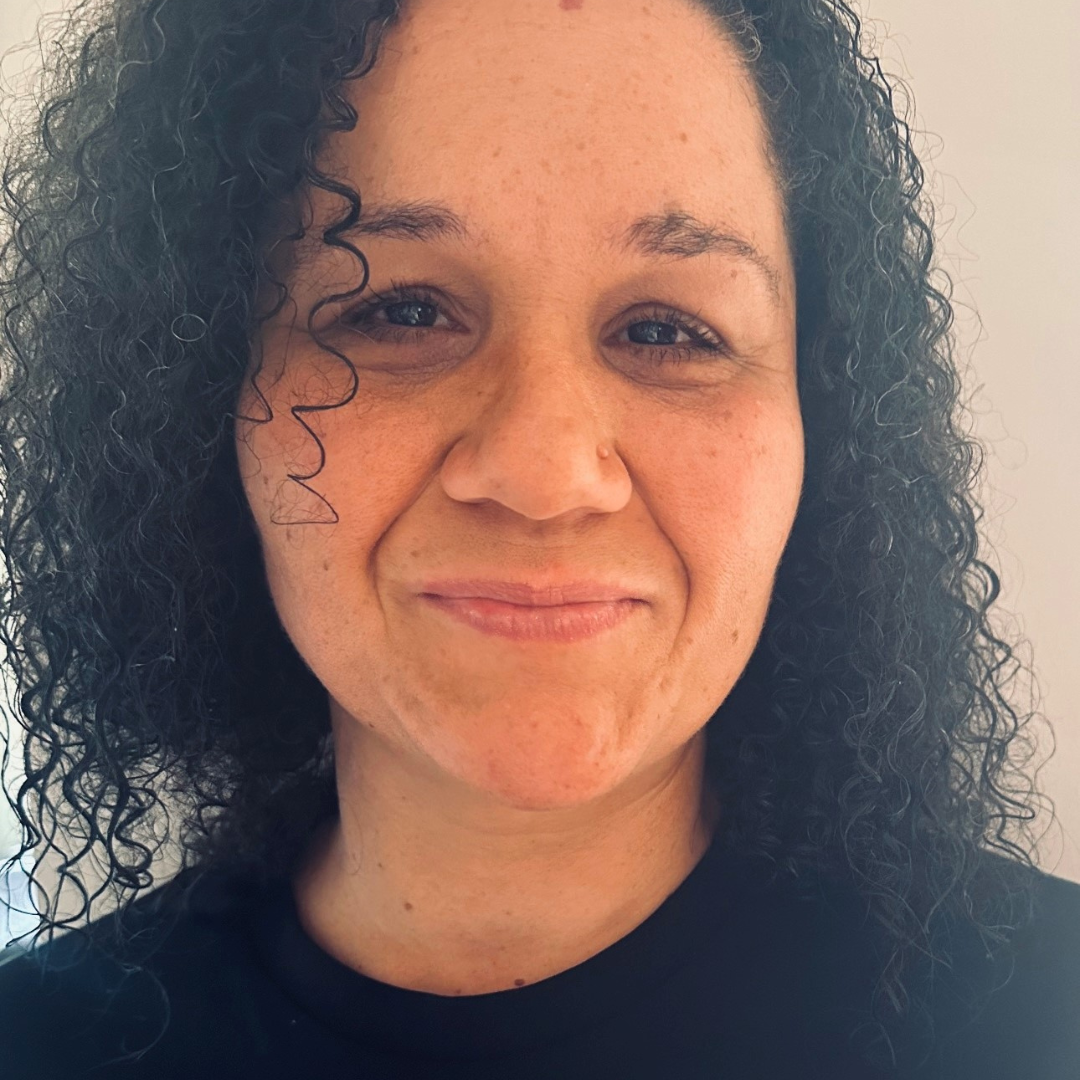Tips to help children with disabilities learn from home
Many parents in Australia are keeping their children home from school in response to COVID 19. But for children with special needs or learning disabilities, not having the structure of a traditional school day can be challenging.
Changes to daily schedules, learning activities and social interactions mean parents are under new pressure to create a structured schooling environment at home. This is often on top of juggling working from home and supporting other children, siblings and family members.
We sat down virtually with Rachael Webb, a teacher at Bulleen Heights School that caters for children with autism, to get her tips for parents on what they can do to help children with disabilities learn from home.
Tell us a bit about yourself
I am the Health and Physical Education Teacher and Swimming Coordinator at Bulleen Heights School, primary campus. I have spent 8 years teaching in both mainstream and special needs schools in Melbourne and London teaching a range of abilities.
Do you have any tips for parents struggling to create structure at home?
Try to follow school routine at home as much as possible. For example, this can be done by having lunch at the same time and following a similar daily timetabled structure. It is also important to set boundaries at home, especially during this extended period at home. Setting time limits on activities using a timer on your phone can help students understand when an activity has finished.
If you are finding it difficult to get your child motivated to learn from home, I recommend asking their teacher what reinforces they use at school, then if possible replicate them at home. Using language such as ‘first’ and ‘then’ also helps to keep children on track. Alternatively, you can offer two activities and let your child choose which one they prefer to participate in.
How can parents use visuals to support their child’s learning from home?
Every child’s needs will be different. But a visual schedule can be used to support children with communication needs. Visuals are a great way to communicate what the day will look like and create a schedule to follow. For example, prompts using visuals might include pictures of breakfast, gym, lunch, maths, science, snack, music etc. This could also be extended to a weekly visual schedule that factors in weekend activities and family time.
How can parents ensure the skills their child has learnt at school are not lost while at home?
Ask your child’s teacher for tools they use at school so you can re-create them at home. If you need additional resources, ask your school or service providers to help set up and develop a long term plan that keeps children working towards their goals at home.
What are your favourite apps for keeping children active at home?
Apps and online platforms that can bring together digital engagement and physical activity are great way for children to stay active at home. Cosmic Kids which makes yoga, mindfulness and relaxation fun for kids through themed adventures (yoga with Elsa and Anna from Frozen is my personal favourite!).
Gymnastics Victoria also have a program called Aerobase which has been designed specifically for children with disabilities. I use their 15 minute instructional videos in my PE lessons, which include a warm up activity, stretching, 3 explicitly taught aerobics skills and a cool down activity. Their videos offer a very simple and easy way to get children active at home with minimal equipment. Aerobase is a program designed for schools and teachers, but they have made their videos available to everyone on their website.
Any last comments or advice for parents?
Take care of yourself! Everyone is doing their best in these extraordinary and unexpected times, so it is important not to put too much pressure on yourself and make sure you are looking after your own well-being and mental health.
Finally, as teachers we understand families and parents are under additional stress right now. But we want to hear from parents and we hope this difficult time can help make the relationship between home and school stronger. If you are struggling or need help, don’t be afraid to reach out to your child’s teacher or school leadership.











